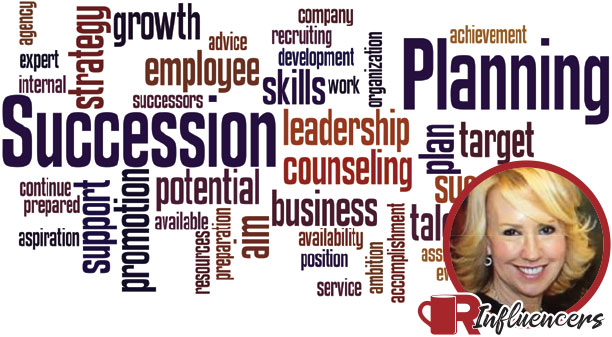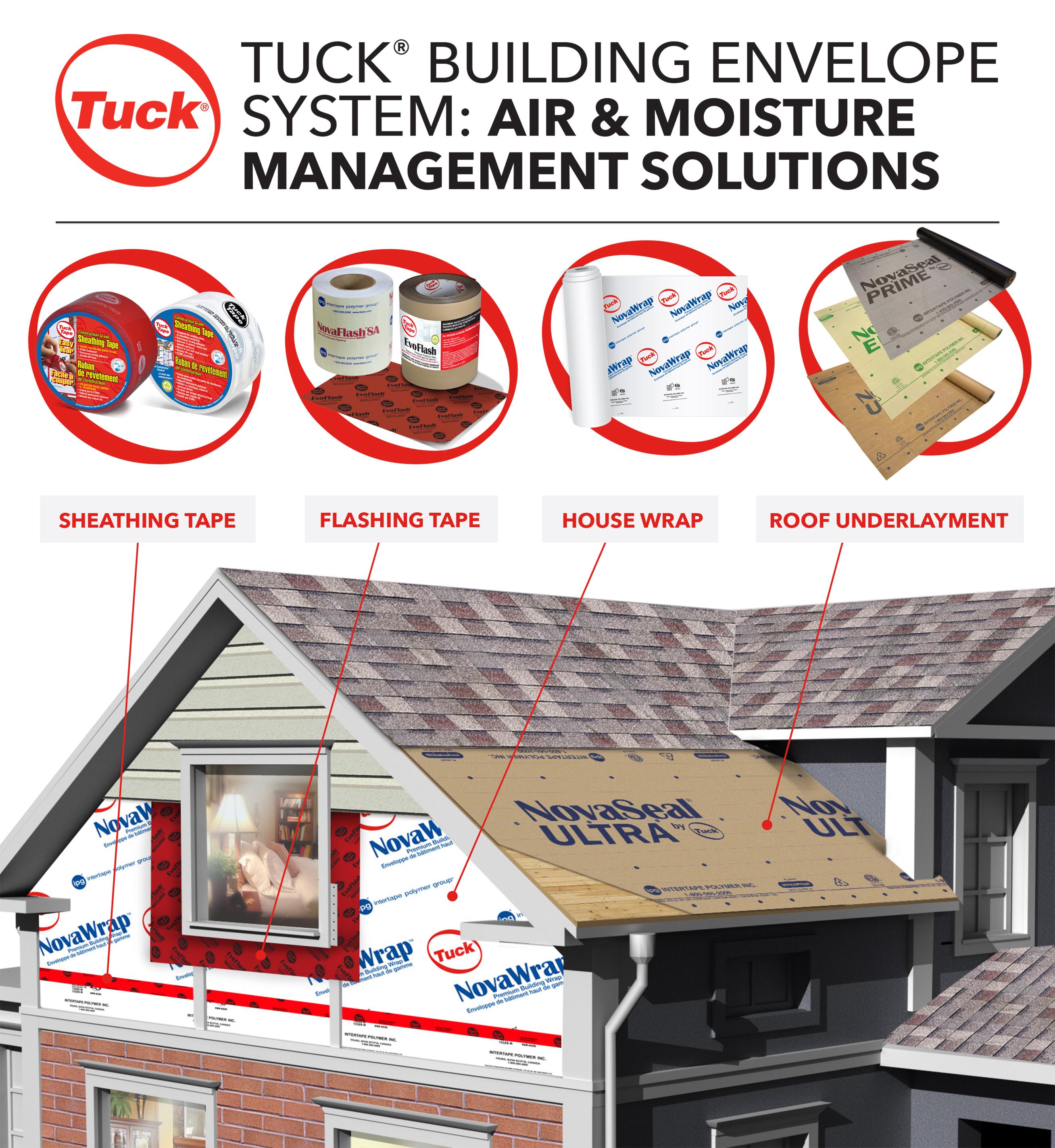Creating a Business Succession Plan Involves More Than Just Determining a Successor

RCS Influencer Trent Cotney says there are four key factors to developing a solid business succession plan.
The most important step in business succession planning, regardless of industry, is to start planning early. There are four key factors applicable to roofing company owners when developing a succession plan:
- Choosing a successor
- Determining which succession vehicle to use
- Valuing your company and its assets
- Tax implications
Choosing a successor One of the more obvious questions that need to be answered in business succession planning in the roofing industry is who will be the successor. Do you plan on training an employee to take over the company? Is it best to keep the company in the family and to name a family member as the successor? Are there multiple owners and succession will remain within the company?
The answer to this question will vary from company to company. For some, they may already have a family member who is an employee, making the decision relatively simple. Newer companies may not have the ability to appoint a family member as a successor because the family member is too young or not willing.
Determining the succession vehicle Another major decision is what type of succession vehicle to use to transfer the business to the successor. A popular choice is structuring the succession through a trust. Using this method, the company chooses a trustee or trustees who will control the business before a transition is made from the trustee to the successor. Options for the trustee range from a family member to an attorney, to a combination of both. Regardless of who is chosen as the trustee, it is important to ensure that the trust is permitted to continue operating the business before a transition is made from the trustee to the successor.
When there are multiple owners of the roofing company, Buy-Sell Agreements might be the best method. A good example of a Buy-Sell Agreement is the Cross-Purchase Agreement where owners typically purchase insurance policies on one another. Different triggering events (death, incapacitation, age, or something similar) cause the Agreement to go into effect. In a hypothetical Cross-Purchase agreement arrangement, Owner B, who owns 30% of the business, would carry insurance equal to 70% of the business value.
Valuing the company and assets Regardless of the successor and succession vehicle chosen, you will need to value your company. There are a number of methods available including an asset-based approach, which requires valuing the individual assets of the company to determine the value. For a roofing company, this may include vehicles, inventory, buildings, and other valuable roofing equipment.
Another popular approach is income-based valuation. The income-based approach multiplies the company’s earnings by a return on investment. One final approach is the market-based approach which compares sales by other roofing industry companies. Of these three options, the income-based approach is typically the best option for a roofing company.
Tax implications Depending upon the succession vehicle chosen and size of the company, taxes will vary from unaffordable to little or nothing. In a family succession, states have varying amounts of money that can be gifted without being subject to a gift tax. Certain trusts also allow you, as a business owner, to transfer in the neighborhood of $10 million without being subject to a gift tax. The amount of taxes due when succession takes place will depend on you and your company’s finances and your state’s tax laws.
As it should now be clear, business succession is necessary and requires a number of Important decisions to be made. If you do not have a business succession plan in effect, or you’ve come to the realization that your business succession plan isn’t as reliable as you believed, the time is now to start planning for the future of your company.
Trent Cotney is the founder of Trent Cotney, P.A. Construction Law Group, specializing in construction law. See Trent’s full bio here.
Author’s note: The information contained in this article is for general educational information only. This information does not constitute legal advice, is not intended to constitute legal advice, nor should it be relied upon as legal advice for your specific factual pattern or situation.





















Comments
Leave a Reply
Have an account? Login to leave a comment!
Sign In